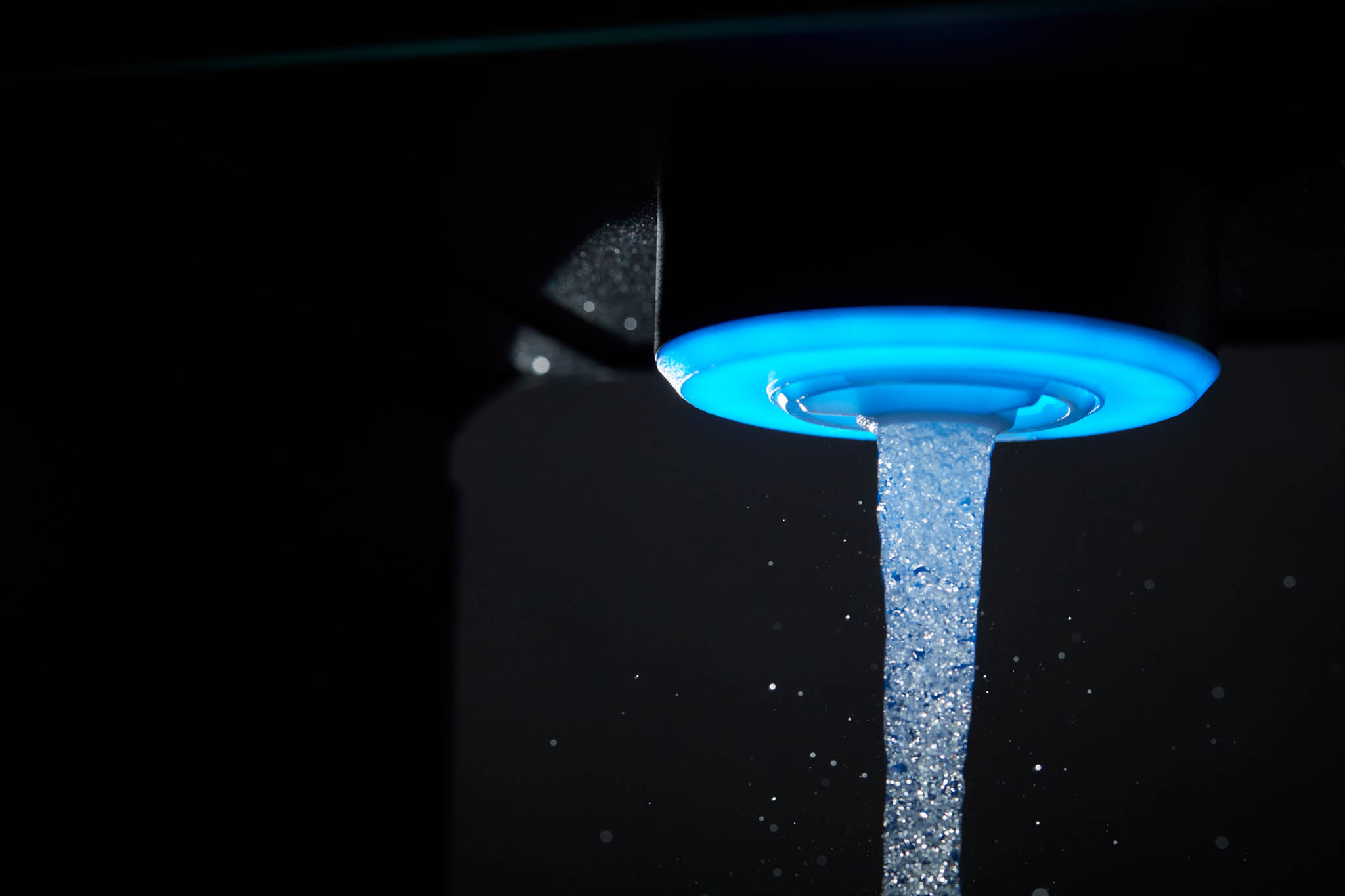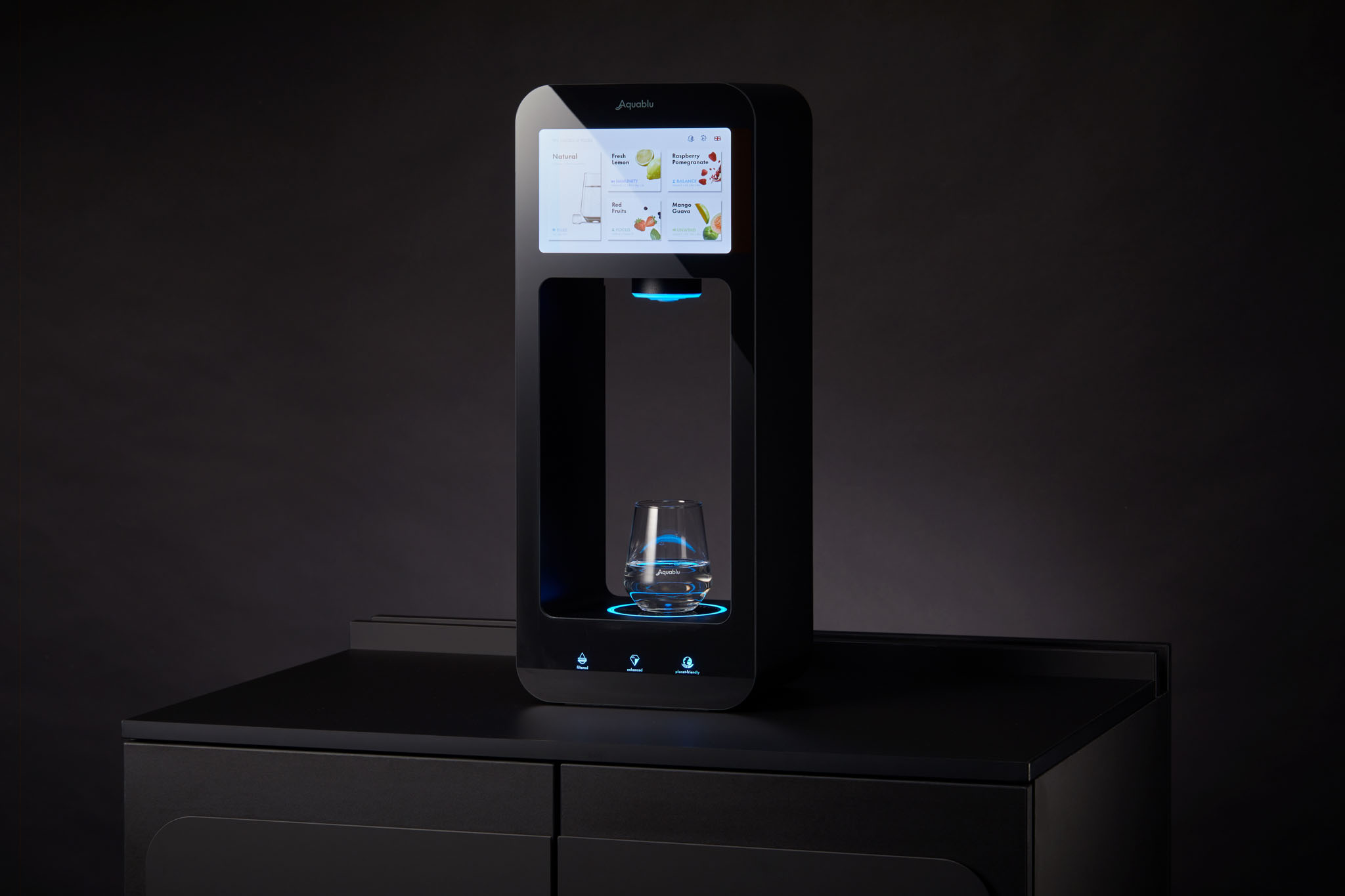Ordinary tap water contains an enormous amount of substances and organisms, such as bacteria. Although many bacteria in tap water are harmless to healthy people, tap water can be contaminated with bacteria that present health risks. Ingesting those bacteria can lead to life-threatening situations.
WHICH BACTERIA CAN BE FOUND IN TAP WATER?
Perhaps the best-known dangerous bacterium that can be found in tap water is the legionella bacterium. This nasty pathogen is the reason why, after you have been on holiday, it is very important to turn on all your taps and flush the water in the pipes. E. coli, the ‘fecal bacterium’, is regularly found in tap water, as well. When that happens, it usually makes the news.
Less well-known, but nevertheless potentially harmful bacteria that can reside in your tap water, are enterococci, salmonella, and cholera. Did you know that your water can contain all kinds of viruses too? Viruses are, just like bacteria, pathogens that can really affect your health. Not a pleasant idea, if you ask us.
A DANGEROUS BACTERIUM IN WATER: LEGIONELLA
The legionella bacterium is a well-known pathogen, and the risk of it contaminating the drinking water in your pipes is real. A legionella infection can cause flu-like symptoms, such as coughing, headaches and fever. But it can also cause severe pneumonia. This pneumonia can be life-threatening.
Legionella bacteria thrive in stagnant water at temperatures between 20 and 50°C. In these circumstances, the bacteria will multiply very quickly. Going on holiday for a week can, therefore, already result in a massive legionella outbreak in your water.
Do you smoke, are you middle-aged or do you have a weakened immune system? In that case you are more at risk of becoming seriously ill if you get infected with legionella.
E.COLI BACTERIA IN YOUR WATER
Escherichia coli or E. coli is a bacterium that lives in the intestines of healthy people and animals. This bacterium is also called the fecal bacterium. If E. coli is found in drinking water, the cause is often contamination with (human) feces. E. coli can also enter the tap water during maintenance on pipes.
An E. coli infection can cause severe gastrointestinal discomfort, such as vomiting and diarrhoea. In severe cases, intestinal bleeding can occur. When E. coli is found in tap water, boiling advice is usually given. This means that you should boil the water before you can drink it or use it for cooking. It is possible that the boiling advice comes too late, and that you have already consumed contaminated water.
Pregnant women, the elderly, (young) children, and people with low resistance are extra sensitive to an infection with E.coli and are at greater risk of developing serious complications.
WHAT CAN YOU DO AGAINST BACTERIA IN YOUR DRINKING WATER?
Bacteria will always be present in your tap water. After all, this is allowed by law. From a legal point of view, there is not much that you can do about bacteria in your water.
To prevent legionella, it is recommended to adjust your boiler or combi boiler properly and to run your taps for a few minutes when you return home from a trip. In case your water is contaminated with E. coli, it is important to boil the water before using it.
Of course, you can also switch to bottled water. But that is very bad for the environment and only contributes to more (water) pollution. Besides, in proportion to tap water, bottled water is at least a thousand times more expensive.
PROTECT YOURSELF AGAINST BACTERIA WITH THE AQUABLU WATER FILTER
The best solution against unwanted bacteria in your water are the advanced water purifiers of Aquablu. We have developed a water filter that turns your tap water into absolutely pure water. The filter not only removes bacteria from the water, but also substances like lead, pesticides, medicine residues and microplastics. By law, these substances are permitted in your tap water. That doesn’t feel safe, does it? With an Aquablu water purifier under your tap, you only get the goodness of water. Bacteria and other harmful substances are filtered out, and won’t enter your body. This way you can really enjoy your water, while quenching your thirst.
More information?
Curious about our services, technology or interested in a smart water dispenser for your office? Download the brochure or contact us
by
Marc van Zuylen
/


